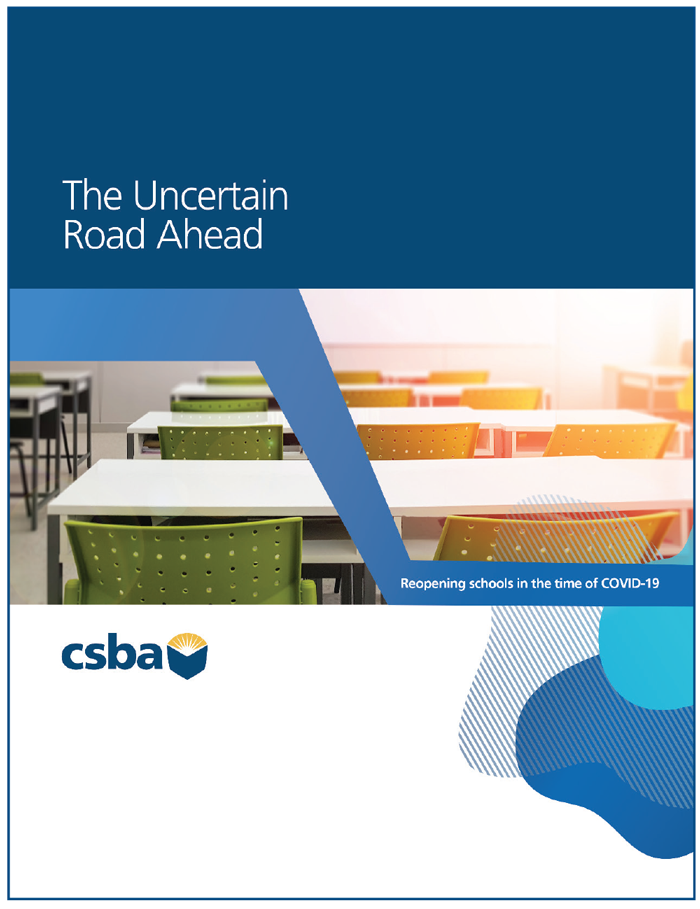
CSBA is engaged in advocacy at the state and federal levels to address these funding issues. Local educational agencies should be working with their local public health officials to develop protocols for deciding when it is safe to reopen campuses, as well as when future classroom, school site or LEA closures are warranted. The Centers for Disease Control and Prevention and CDPH advise that physical distancing is the primary strategy to reduce transmission of the coronavirus. LEAs should consider scheduling alternatives that limit the number of students and staff on campus at any given time. Decision-making should factor in the impact of health and safety risks, cost, implications for child care for families and employees, stakeholder input and the impact on instructional quality.
Technology: Funding at the state and federal levels should provide broadband access to all communities to accommodate appropriate distance learning opportunities for all students. CSBA is advocating for a technology bond to address these issues.
Special education: LEAs need increased state and federal funding, along with regulatory flexibility, to appropriately address the needs of special education students.
Supporting student groups: Connect funding needs to issues and considerations of the various Local Control Funding Formula student groups, including access to services and programs necessary to close achievement gaps.

Surveying families and staff to identify their needs and preferences for the upcoming school year can give LEAs a sense of how many families may need options for distance learning and which teachers may not be willing to return to campuses, either due to pre-existing health conditions or to concerns about the risk of infection prior to the release of a vaccine. Surveys can also help determine how engaged students were with distance learning during school closures. Schools should have a plan to identify potential gaps in content knowledge so educators can provide the instruction needed. One option is the use of diagnostic assessments, which are designed to assess student understanding of standards-based content so that educators can pinpoint strategies to the needs of their students.

